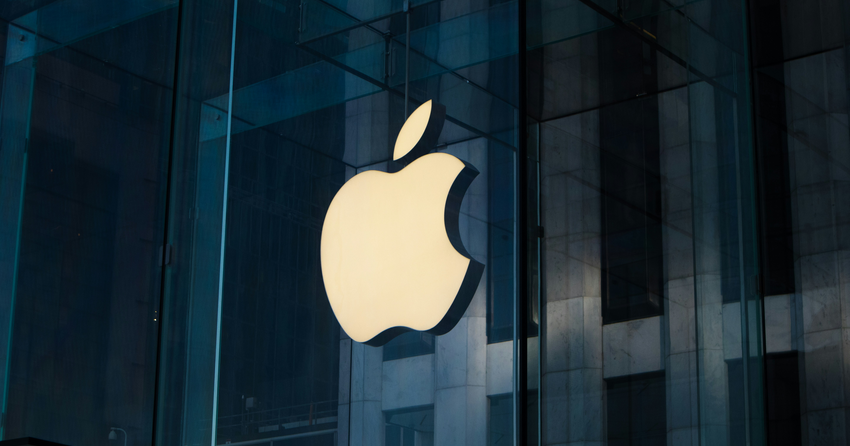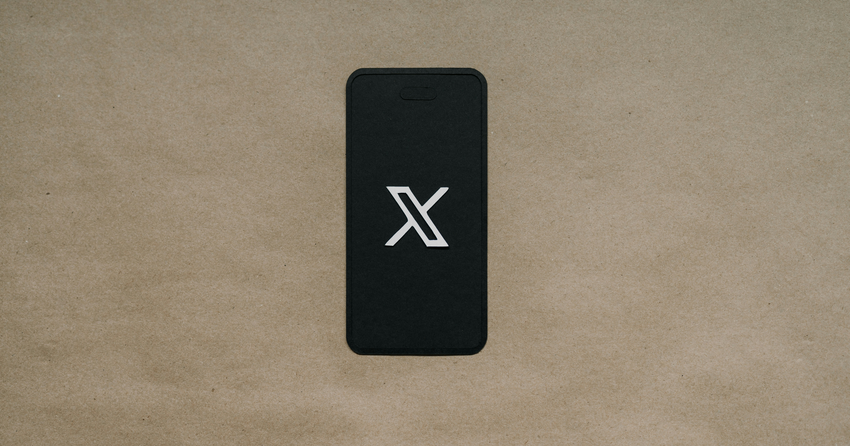
Microsoft Now Allows Sites to Control Bing Chat Content Usage
Bing introduced new controls that enable owners and webmasters to choose how Bing Chat, Microsoft’s AI chatbot, uses their website content.
Publishers can choose to restrict or block their content from specifically appearing in Bing Chat answers by adding a meta name value for “bingbot” and setting their content meta tags to NOCACHE or NOARCHIVE. Content blocked from Bing Chat will still appear in regular Bing search results.
The NOCACHE value means the content can appear in Bing Chat, but the AI chatbot only displays URLs, titles, and snippets. Microsoft can still use this website content to train its AI models.
Adding NOARCHIVE to the meta content tag will disable Bing Chat from featuring the website in any way and will not provide links to the content. Also, Microsoft won’t use this content to train its foundation AI models.
Publishers don’t need to take any action for content to remain available for Bing Chat, and Microsoft can use the content to train and improve future versions of Bing Chat and other Microsoft generative AI models.
Microsoft will treat pages tagged as both NOCACHE and NOARCHIVE as NOCACHE. For this reason, publishers need to clearly specify their preferences with a single tag if their intention is to fully disable the AI search chatbot from featuring their content in its answers and Microsoft from using it for AI training purposes.
To ensure that paywall content is discoverable, Microsoft recommends adding the NOCACHE value to the NOARCHIVE value “since many paywall sites use only the NOARCHIVE tag.”
Alternatively, site owners can opt to treat the content as NOCACHE, which allows Bing Chat to refer interested visitors to their content with URLs. Publishers can learn more about the available control options from Bing’s meta tag documentation.
Since Microsoft launched its AI-powered search chatbot, publishers have raised concerns about Bing Chat using their content without permission. This set of controls is Microsoft’s response to their demands, which aims to provide “immediate support” while the tech giant is working with the AI community on establishing future AI standards.












